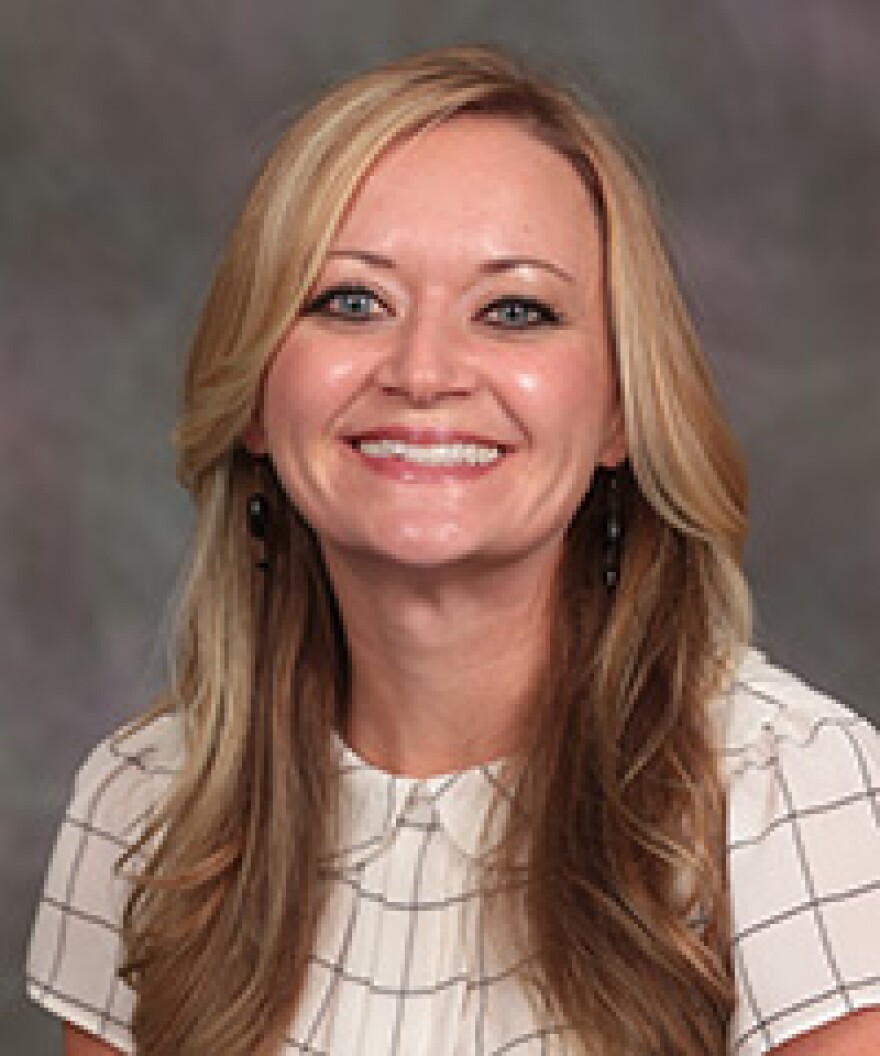Bullying has been directly correlated to lower attendance rates, increased high school drop out rates, lower college enrollment rates, and in some horrific instances, suicide. Nearly every school has adopted a no tolerance bullying policy and instituted intervention programs for victims. Dr. Leslie Echols, assistant professor of psychology at Missouri State University, believes that victims need a more personal response and is working on a research project entitled “Are fast friends slow to bully?” that could serve as a preventative measure if instituted widely.
Her study was based upon previous work done among college aged students to reduce tensions and biases, and build bridges among diverse populations.
Echols learned about this fast friends method at a research symposium and immediately saw a connection between this and her area of expertise – bullying and victimization. For the study that she conducted in a Los Angeles middle school, Echols and her team of researchers asked sixth graders who they knew best out of their class – then strategically paired them with people they didn’t know as well for the exercise. She gave them 15 minutes with a series of flashcards with specific questions (that had been adapted for age appropriateness), and she was excited by the observations.
Of course, Echols was a bit discouraged when the results didn’t show a statistically significant decrease in bullying and victimization. But her previous work with this age group gave her context for a few possible contributing factors.
The zero tolerance policies at school are necessary, noted Echols, but she thinks instituting something more personal, like the fast friends approach, gives both victims and bullies better tools for navigating the turbulent school years.
Based on her experience in the field, she wants to give parents a piece of advice.





